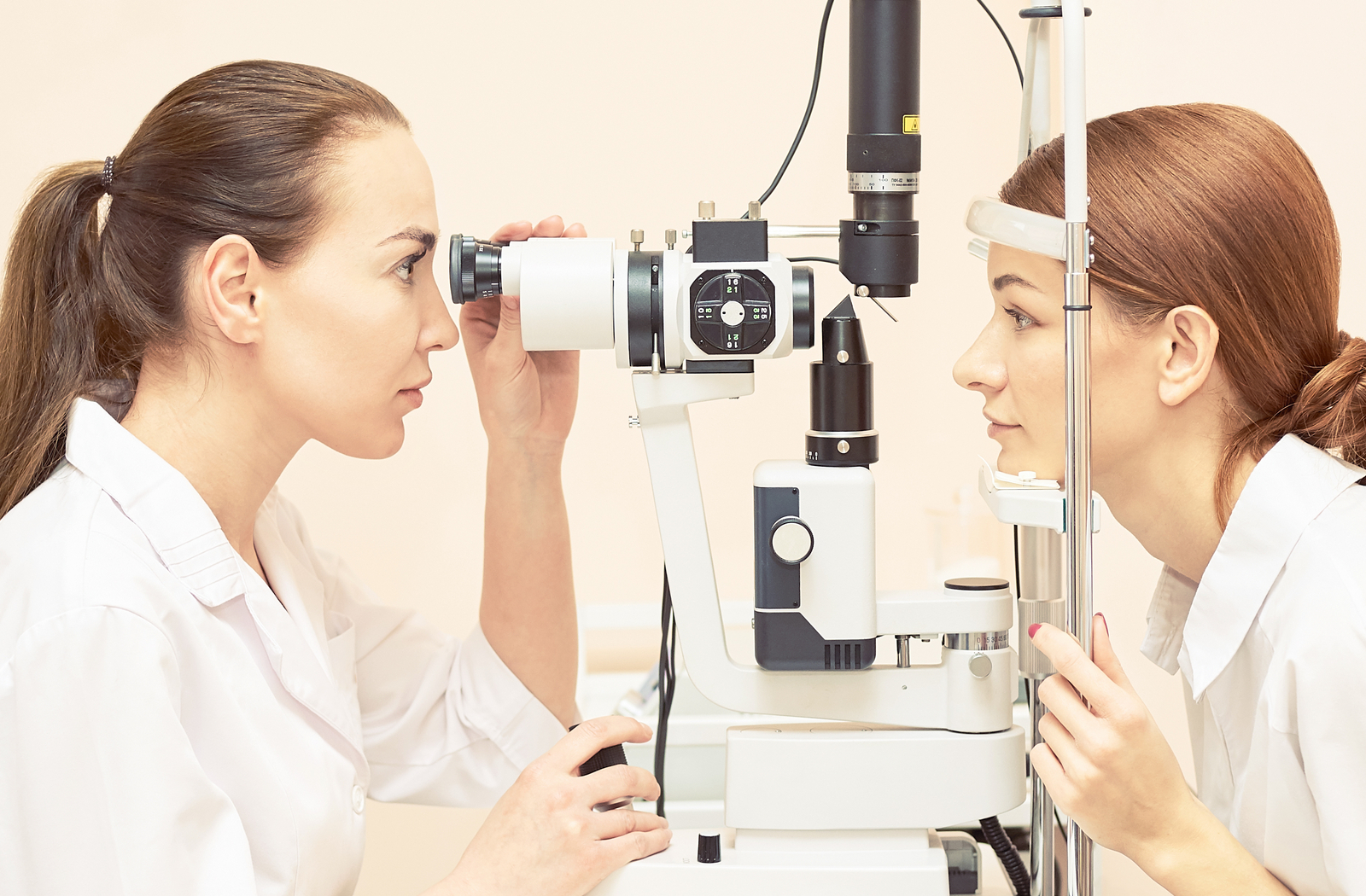When sudden vision problems strike, it’s easy to feel overwhelmed. In emergencies, optometrists step in to help. Their quick actions can prevent long-term damage. Whether dealing with Bronx Presbyopia or a scratched cornea, their expertise saves sight. Seeing an optometrist immediately can make all the difference. Let’s explore how these eye care professionals rescue vision when every second counts.
The Role of Optometrists in Eye Emergencies
Optometrists are often the first point of contact in eye emergencies. They assess and manage acute eye conditions. Their training allows them to diagnose and treat many urgent issues. A swift response minimizes the risk of permanent vision loss.
Common eye emergencies include:
- Foreign objects in the eye
- Sudden vision changes
- Pain or redness in the eye
Types of Eye Emergencies
Eye emergencies can vary widely. Each requires a different response. Understanding the types of emergencies can help in seeking appropriate care.
| Type of Emergency | Symptoms | Immediate Action |
|---|---|---|
| Foreign Object | Tearing, irritation | Rinse with clean water |
| Sudden Vision Loss | Blurred or dark vision | Seek emergency care |
| Painful Red Eye | Severe pain, redness | Contact an optometrist |
How Optometrists Diagnose and Treat
Optometrists use various tools to assess eye health. These include visual acuity tests and slit-lamp examinations. They can detect corneal abrasions or infections. This helps in deciding the next steps for treatment.
Treatment may involve:
- Medications to reduce inflammation or infection
- Removal of foreign objects
- Referrals to specialists for advanced care

Preventing Long-Term Damage
Quick treatment is key in preventing serious complications. Conditions like retinal detachment or infections need immediate attention. Optometrists provide timely interventions that protect vision.
For more information on protecting your vision, visit the National Eye Institute.
Emergency Eye Care Tips
Taking the right steps during an eye emergency can make a big difference. Here are some tips:
- Do not rub or apply pressure to the eye
- Avoid trying to remove any embedded objects
- Seek professional help as soon as possible
Being prepared and knowing where to go can save valuable time. Research local optometrists and emergency services in advance.
Conclusion
Optometrists play a crucial role in managing eye emergencies. Their expertise ensures that patients receive the best care possible. Whether it’s a minor irritation or a serious condition, their interventions can save vision. Understanding their role and knowing when to seek help is vital for eye health.
For more detailed guidance on eye emergencies, check out the resources provided by the Centers for Disease Control and Prevention.





